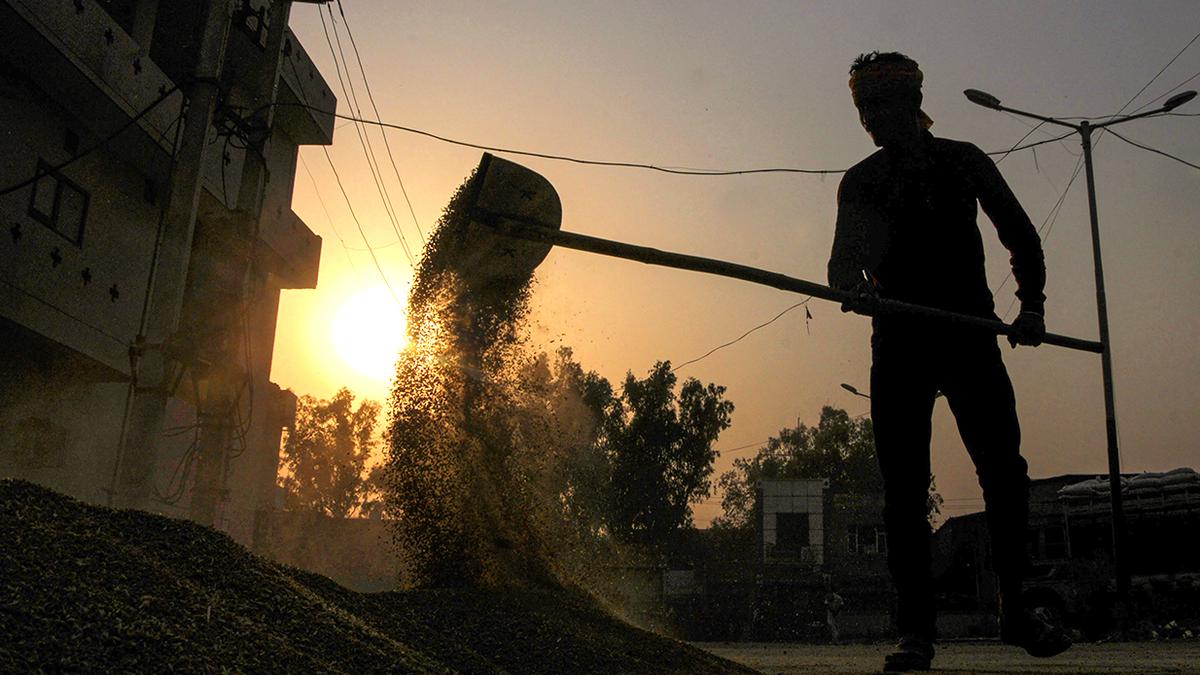
Image used for representational function.
| Photo Credit: PTI
India has come underneath hearth on the World Trade Organisation (WTO) for avoiding questions raised by members on its minimal help worth (MSP) programmes for meals grain, notably rice, the place subsidies have breached prescribed limits. Some nations have alleged that India didn’t give enough replies to considerations raised by them throughout consultations.
Members such because the U.S., Australia, Canada, the EU, and Thailand, mentioned at a WTO agriculture committee assembly on Monday, that India should reply to questions requested on its public stockholding (PSH) programmes on the committee, in line with sources. “India, however, stuck to its guns and insisted that it provided the best possible information and clarifications at the consultations held with interested members based on available information. It also said that some of the questions raised were already addressed in earlier responses,” mentioned a supply.
Peace clause
India’s MSP programmes are underneath scrutiny on the WTO, as it’s the first nation to invoke the Bali ‘peace clause’ to justify exceeding its 10% ceiling (of the overall worth of rice manufacturing) for rice help in 2018-2019 and 2019-2020.
While the ‘peace clause’ permits growing nations to breach the ten% ceiling with out invoking authorized motion by members, it’s topic to onerous notification necessities and quite a few situations corresponding to not distorting international commerce and never affecting meals safety of different members.
WTO members, together with the U.S., have been accusing India of habitually not together with all required info in its notifications. Some members had identified earlier that whereas it was necessary to report all public stockholding programmes underneath the ‘peace clause’, India had not been doing so and the nation additionally didn’t have an sufficient monitoring mechanism to make sure no shares had been exported.
‘No obligation’
New Delhi had mentioned that it offered information on the worth of manufacturing (VoP) for a number of crops, and that it didn’t have any obligation to inform any public stockholding programmes aside from for the crop the place the subsidy limits had been breached.
During the agriculture committee assembly, the U.S., Brazil, Canada, Ukraine, Thailand, the EU, and Australia notified the committee of all questions that that they had raised of their particular person consultations with India, and mentioned the nation ought to make replies to the committee and mustn’t keep away from the questions.
Source: www.thehindu.com



